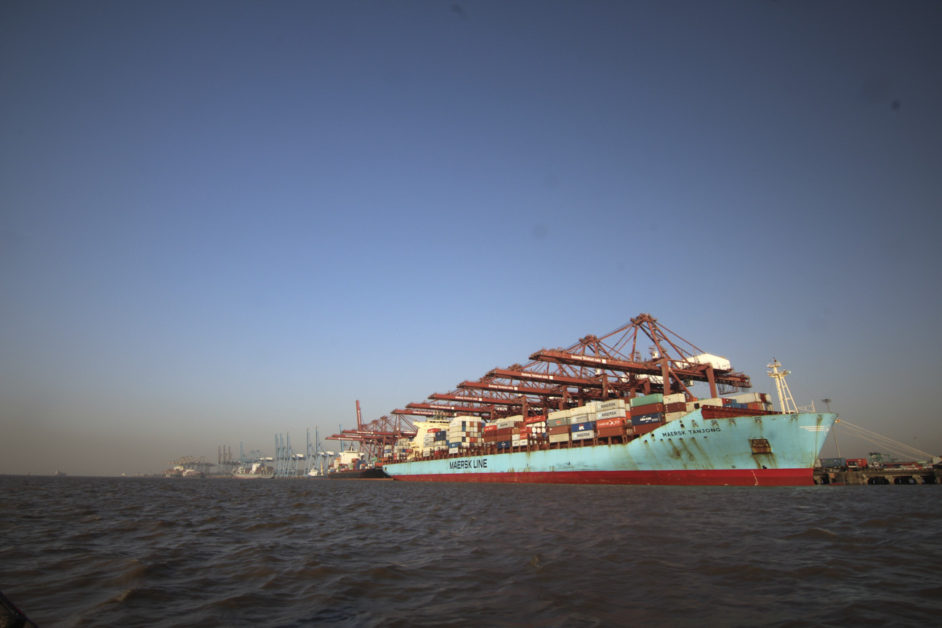Commenting that there is ‘still more to come’, Rashidbeigi said her team has several projects that will kick in the coming months.
Last year, the company announced its ambition to be fully carbon neutral by 2040. To get there, it will focus on equipment electrification, energy optimisation, and the sourcing of 100% renewable electricity such as solar energy.
Renewing the numbers
The recent announcement by CEO Keith Svendsen that ~40% of all consumed electricity in the company’s terminals globally now comes from renewable sources was made during a ceremony to mark the call of the world’s first methanol-powered container vessel at APM Terminals’ flagship Maasvlakte II terminal in Rotterdam.
That 40% figure represents an almost four-fold increase in the use of renewable electricity for the company, from 11% in 2020. However, as impressive as they are, these numbers do not yet include the impact of recent moves by the company, such as those in India and Bahrain.
Solar, so good
At Gateway Terminals India Pvt. Ltd (GTI), also known as APM Terminals Mumbai, a “significant” partnership with 02 Power could generate a momentous result. The captive solar plant – with a capacity to generate 22 million kWh of electricity annually – could meet 80% of the terminal’s electricity requirements through a power purchase agreement. This would reduce the terminal’s carbon footprint by 44% (15,092 CO2t).
In Bahrain, where APM Terminals is the operator of the Khalifa Bin Salman Port, the company recently announced the launch of a solar power project which will make the port energy self-sufficient – the first seaport in the region to do so. By implementing the USD 10 million project, the terminal will reduce its carbon emissions by 65%.
Significant impact
The importance of acceleration in renewables for the terminal company comes from the fact that a significant share – approximately 40% – of its emissions arise from purchased electricity (so called Scope 2 emissions). And as the company continues to retrofit and replace equipment that runs on traditional fossil fuels with electric equipment, demand for renewable electricity will increase significantly.
“Diminishing our reliance on purchased electricity – to the point of zero – will exponentially advance our overall target of net zero by 2040,” adds Rashidbeigi.








